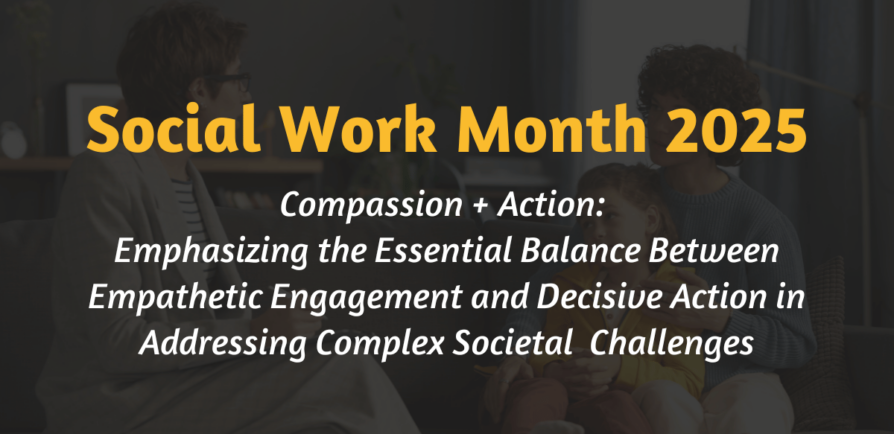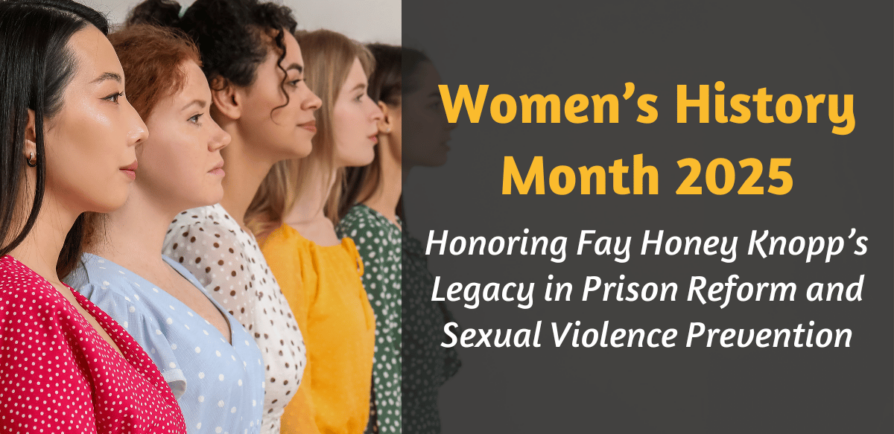An accurate, comprehensive personal history is crucial for therapists to get to the root of a client’s challenges, and it helps them look beyond surface-level …
Social Work Month 2025: Compassion + Action
March is Social Work Month, a time to recognize the profound impact social workers have on our communities. The National Association of Social Workers (NASW) …
Women’s History Month 2025: Honoring Fay Honey Knopp’s Legacy in Prison Reform and Sexual Violence Prevention
March marks Women’s History Month, a time when we recognize women who have shaped American history through their courage, resilience, and innovation. This year’s theme, …









